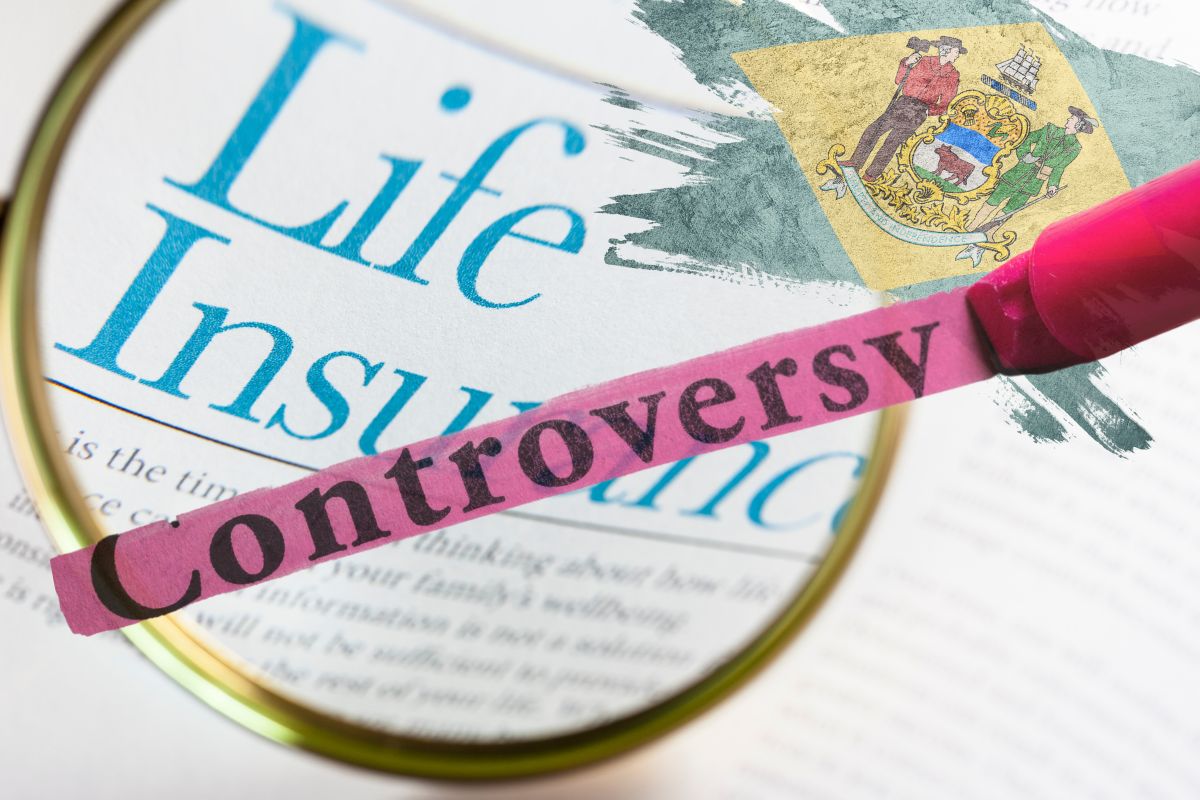The recent lawsuit emerging from Delaware, reported by the Miami Herald, has thrown a spotlight on a somewhat obscure, yet profoundly concerning practice within the insurance industry—Stranger-Originated Life Insurance (STOLI) schemes. At the heart of this controversy is the estate of Martha Barotz, a retired woman in her early 70s, who became an unintended central figure in what appears to be financial exploitation targeting senior citizens.
The Legal Implications of STOLI Schemes
STOLI arrangements operate in a legal grey area, where investors, lacking any logical insurable interest, gamble on the lives of others through life insurance policies. Essentially, these arrangements are seen as illegal because they bypass the critical insurable interest requirement designed to ensure that life insurance serves its intended purpose—to provide financial support to loved ones after the insured’s death.
Major Financial Institutions Implicated in Controversial Life Insurance Lawsuit
The case against entities including Wilmington Savings Fund Society Fsb, Wells Fargo Delaware Trust Company, Apollo Global Management, and others, revolves around a $5 million life insurance policy taken on Barotz. The lawsuit claims that investors aimed to securitize the policy as part of a broader portfolio of life wagers.

Legally, STOLI practices could lead to multiple ramifications including fraud charges, the voiding of illegally obtained policies, and significant financial penalties. Furthermore, states have increasingly passed legislation to combat STOLI, reinforcing the insurable interest doctrine and protecting the vulnerable from such schemes.
The Ethical Quandaries of Betting on Life
Beyond legality, the ethical implications of STOLI are deeply disturbing. Most target the elderly and convince them into participating in schemes that directly benefit from their death is morally reprehensible. Not only does it commodify human life, but it also creates a perverse incentive structure where the “investor” profits most from the premature death of the insured.
Furthermore, the practice of STOLI undermines the foundational principles of life insurance. Instead of acting as a safety net for bereaved families, it transforms policies into speculative investment vehicles. It also raises uncomfortable questions about the duty of care financial institutions owe to their clients, especially when they facilitate or turn a blind eye to such arrangements.
Regulatory Response and the Path Forward
The National Association of Insurance Commissioners (NAIC) and individual states have made strides in regulating STOLI transactions. Proposed legislation and existing laws seek to enforce the insurable interest requirement and give state insurance commissioners the power to penalize and void STOLI policies. These legal instruments are crucial in deterring would be STOLI practitioners and safeguarding the integrity of the life insurance industry.
However, as the Barotz case demonstrates, vigilance and enforcement are key. Financial institutions, insurance companies, and trustees play a critical role in detecting and preventing STOLI arrangements. There’s also a significant duty on lawmakers and regulators to continually update and adapt legal frameworks to close existing loopholes that allow such schemes to flourish.
Conclusion
The lawsuit that unfolded in Delaware serves as a critical indicator of the enduring challenges posed by financial exploitation mechanisms, notably STOLI schemes. Despite the implementation of robust legal frameworks and regulatory measures aimed at eradicating these practices, their recurrence underscores an essential requirement for perpetual alertness among all entities involved in the life insurance domain. It is imperative that the protection of susceptible individuals be treated with utmost priority, safeguarding the integrity of life insurance as a means of support for beneficiaries, rather than as an instrument for speculative gains or unethical financial activities.


